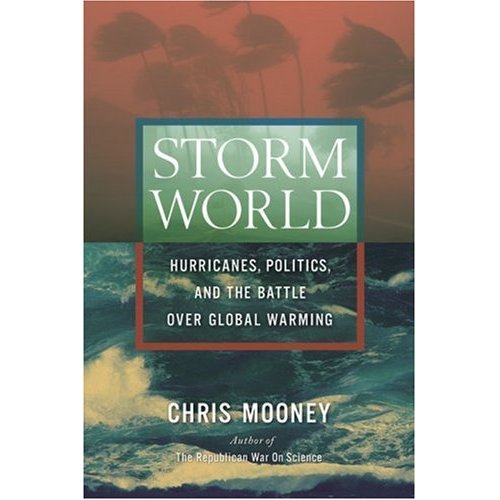We discuss climate models a lot, and from the comments here and in other forums it’s clear that there remains a great deal of confusion about what climate models do and how their results should be interpreted. This post is designed to be a FAQ for climate model questions – of which a few are already given. If you have comments or other questions, ask them as concisely as possible in the comment section and if they are of enough interest, we’ll add them to the post so that we can have a resource for future discussions. (We would ask that you please focus on real questions that have real answers and, as always, avoid rhetorical excesses).
Part II is here.
[Read more…] about FAQ on climate models

 If you are a RealClimate regular, you are undoubtedly aware of our ongoing interest in
If you are a RealClimate regular, you are undoubtedly aware of our ongoing interest in  There has been a bit of a flap here at the University of Washington over the state of the snowpack in United States Pacific Northwest region. The Seattle city mayor, Greg Nickels (a well known advocate for city-based CO2 reduction initiatives) wrote in an
There has been a bit of a flap here at the University of Washington over the state of the snowpack in United States Pacific Northwest region. The Seattle city mayor, Greg Nickels (a well known advocate for city-based CO2 reduction initiatives) wrote in an 